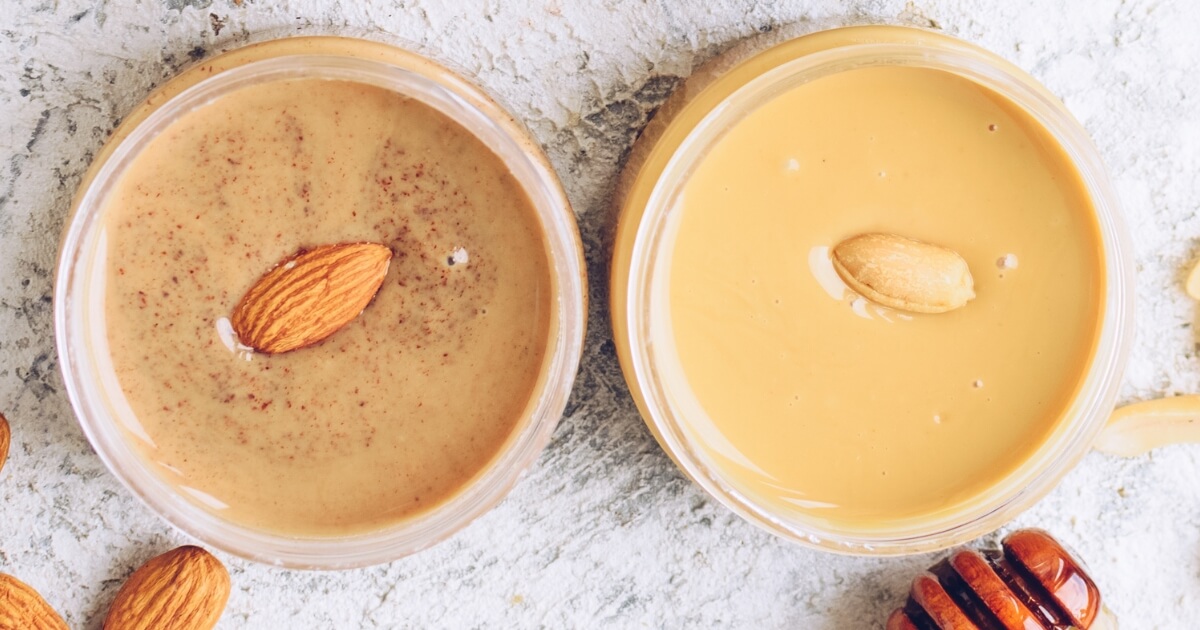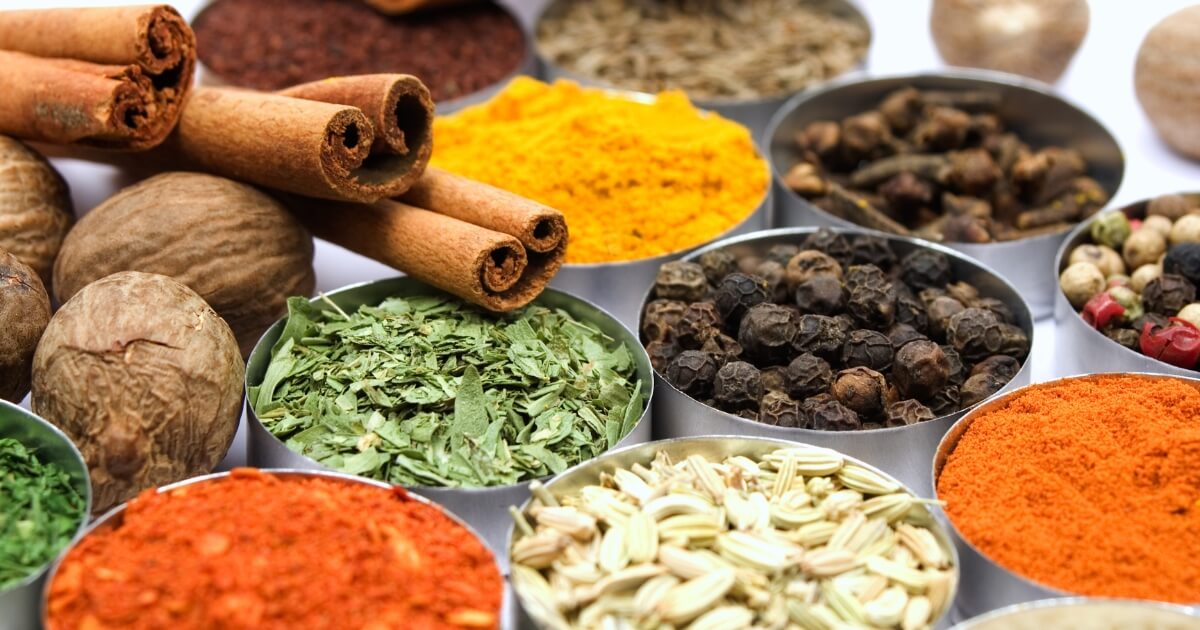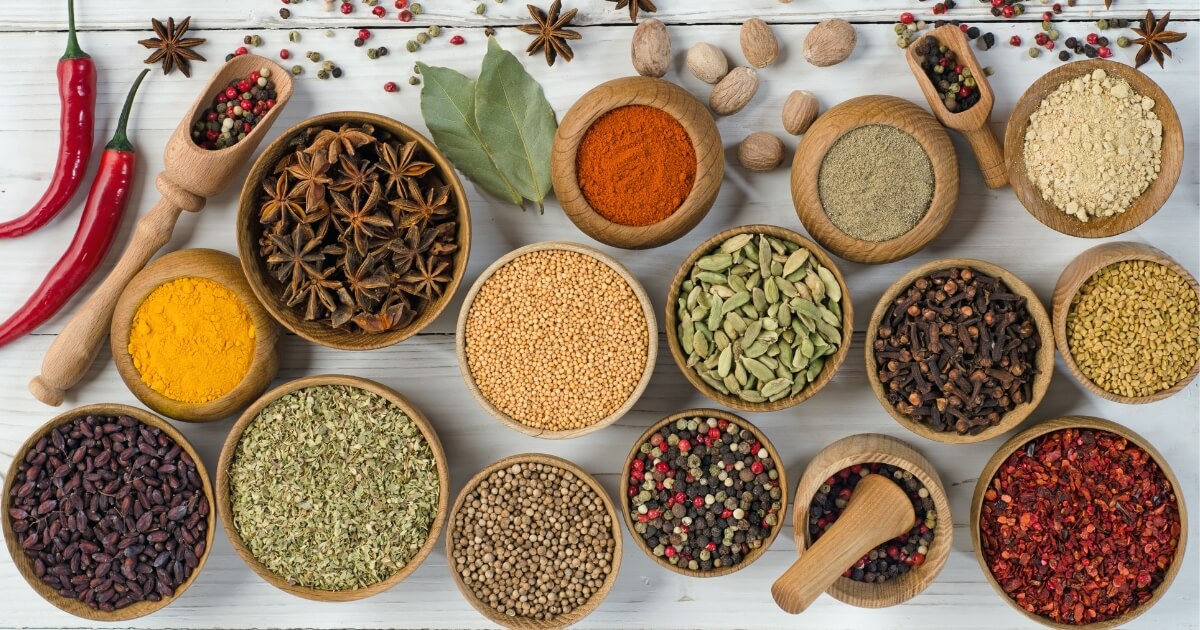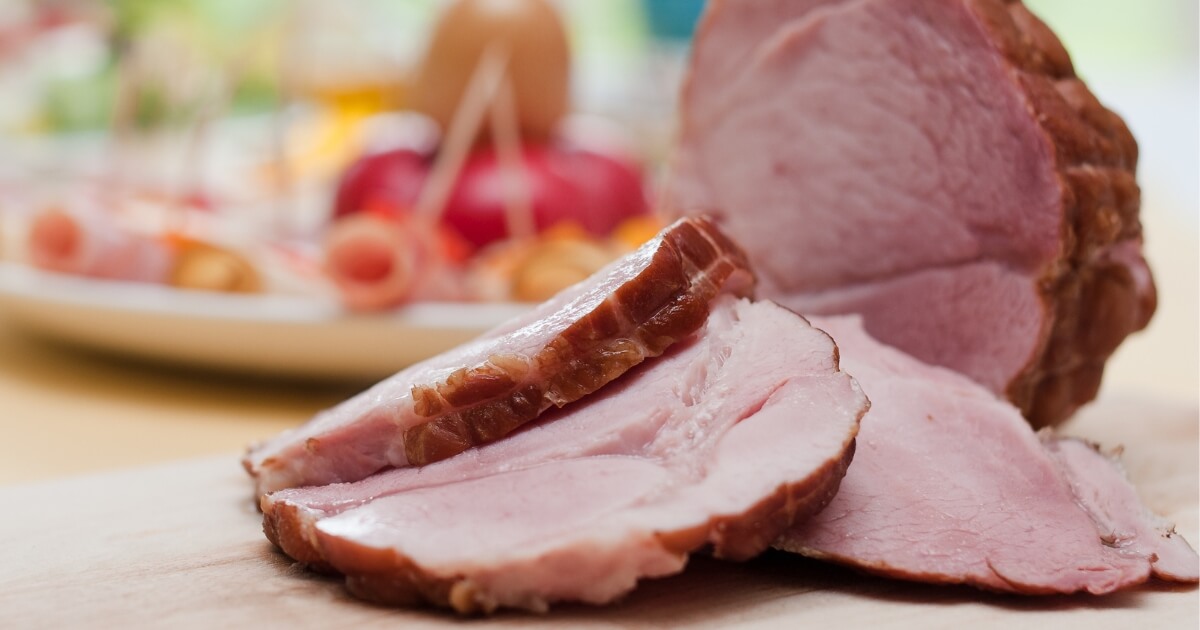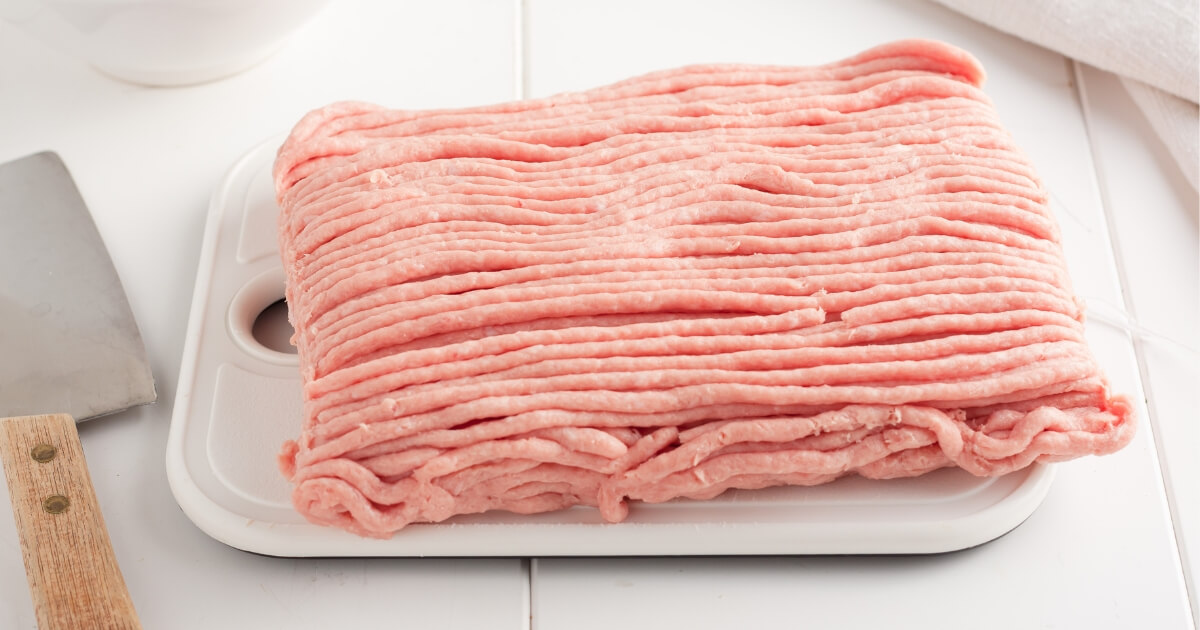You’ve probably found yourself reaching for that fresh aromatic ginger root in your kitchen, only to pause and wonder if it’s still fresh enough to use. After all, how long does ginger really last?
While it’s quite hardy, its freshness can be influenced by various factors, from how it’s stored to its form, such as fresh, ground, or paste.
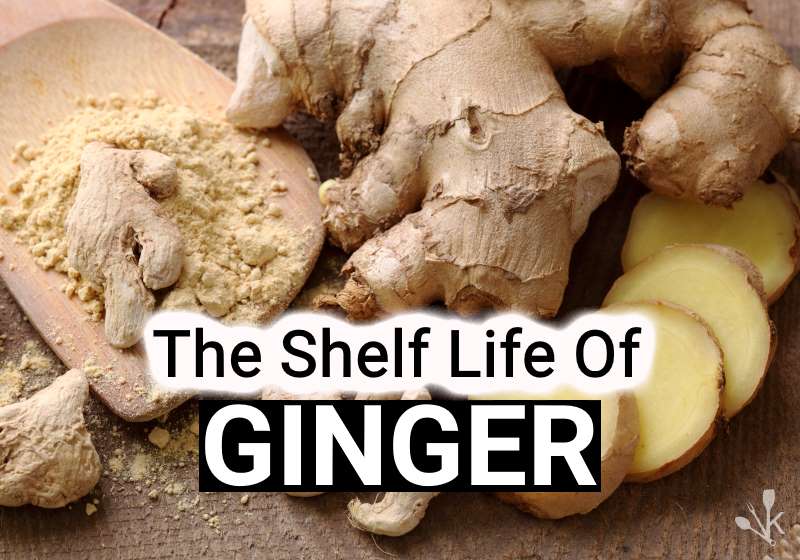
In this guide, I’ll walk you through the ins and outs of ginger’s shelf life, a few signs that it might be past its prime, and some tips to ensure you’re getting the most out of this flavorful root.
How Long Does Ginger Last?
When stored at room temperature, fresh ginger root remains fresh for up to two weeks. For a longer shelf life, refrigerate it to extend its freshness up to a month. Ground ginger, once opened, is best used within six months to a year for optimal flavor. If you’re freezing ginger, you can expect up to six months of shelf life.
Below is a handy table that breaks down the typical shelf life of different forms of ginger based on storage methods. It’s a quick reference I’ve put together from years of cooking and experimenting in the kitchen, and I hope you find it as useful as I do!
| Storage Method | Ginger Form | Shelf Life |
|---|---|---|
| Countertop | Raw Ginger | Up to 2 weeks |
| Countertop | Ground (Unopened) | 2-3 years |
| Countertop | Ground (Opened) | 6 months to 1 year |
| Refrigerator | Raw Ginger | Up to 1 month |
| Refrigerator | Grated Ginger ** | Up to 1 week |
| Refrigerator | Ginger Paste ** | About 1 month |
| Refrigerator | Pickled Ginger | 1-2 months |
| Freezer | Whole/Chunks | Up to 6 months |
| Freezer | Slices | Up to 2 months |
| Freezer | Grated | Up to 2 months |
** Must be refrigerated
On The Countertop
When left on the countertop, unpeeled ginger can stay fresh for up to two weeks.
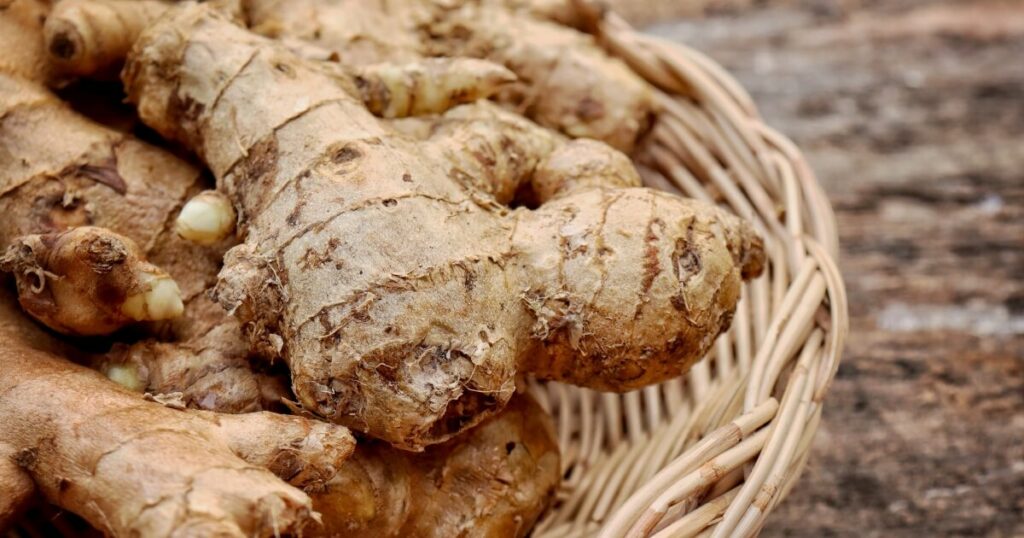
If you’ve cut into your ginger, it’s a good idea to cover the exposed end with a piece of cling wrap or place it in a resealable bag to prevent it from drying out.
There’s something about room temperature that makes ginger’s flavor pop a bit more. However, it’s essential to watch out for mold or if your ginger feels too soft because it’s a clear sign to get a fresh piece.
Ginger powder is another staple in my kitchen that I often use when baking.
An unopened container of ground ginger can last for 2-3 years in the pantry. However, once opened, its shelf life of this spice reduces to about six months to a year. You should make sure that the container is sealed tightly after each use to maintain its freshness.
In The Refrigerator
How long does ginger last in the fridge?
When stored in the refrigerator, fresh ginger can maintain its freshness and potency for up to a month. Proper refrigeration slows down the aging process of your entire ginger root, preserving its aromatic qualities and ensuring it remains firm and flavorful for culinary use.
If your ginger has been cut, covering the exposed end is a good idea. I usually wrap the cut end in a paper towel to help absorb excess moisture and then place it in a resealable bag.
This method keeps your ginger fresh and prevents it from absorbing any strong odors from other foods in the fridge or crisper drawer.
If you enjoy the convenience of squeezable ginger or ginger paste, it’s good to note that once opened, it typically lasts about a month in the refrigerator.
I’ve found these products to be a great time-saver, especially when I’m in a hurry and need that ginger flavor without the fuss of peeling and grating.
And if you’re a fan of pickled ginger, it can last 1-2 months in the fridge after opening.
I love pickled ginger because its tangy, sweet flavor is the perfect palate cleanser for sushi or sliced thinly for an extra zing to salads. Remember to keep it in its original brine or vinegar solution to maintain freshness.
In The Freezer
When you freeze ginger, whole pieces and chunks can last up to six months, while slices and grated piles can last up to 2 months.
To get the most out of your frozen ginger, start by peeling it and cutting it into chunks. If you just plan to use small amounts at a time, keep your chunks relatively small to avoid having to use the whole piece.
If you’re looking for quicker use later on, thin slices work great, especially for dishes that need a hint of ginger. Freeze slices individually on a baking sheet, then transfer to a freezer bag.
Because there will be a of air and surface area of your ginger, it’s best to use frozen slices within 2 months, or they may end up with freezer burn or become fibrous when thawed.
Another practical approach is to grate your ginger into small pies and freeze the portions or pack them into an ice cube tray.
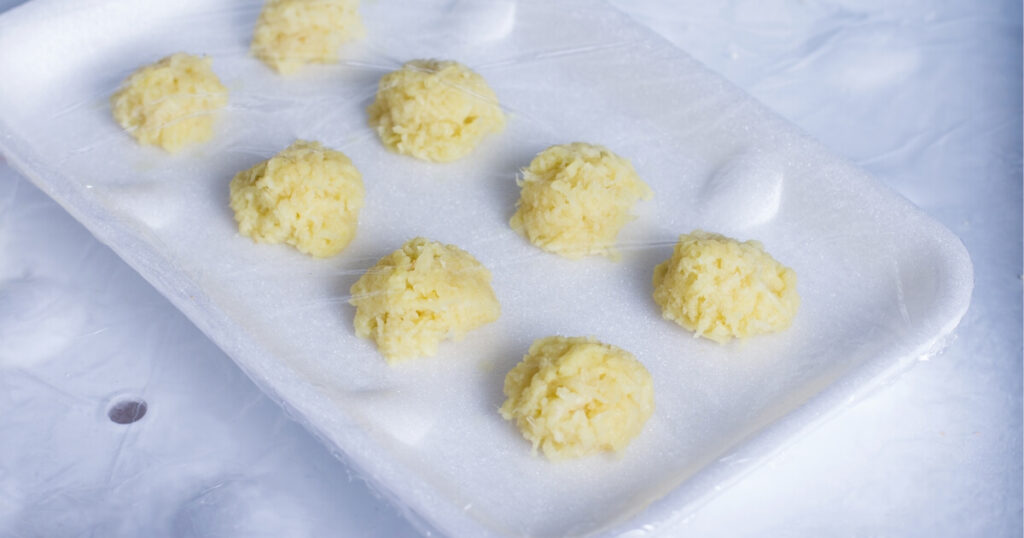
Once they’re set, just store them in an airtight container, and you’ve got ginger at the ready for your next meal.
If you’re wondering about the nutritional aspect, there’s good news. Freezing doesn’t strip ginger of its benefits. So, even from the freezer, you’re still getting all the perks ginger has to offer.
What Affects The Shelf Life Of Ginger
Condition Of Your Ginger
The freshness of your ginger, when purchased, can also impact its shelf life. I’ve noticed that ginger bought from local farmers or markets, where it’s fresher, tends to last longer than those from larger commercial stores.
Some types of ginger have thicker skin, which can offer a bit more protection and longevity compared to thinner-skinned varieties.
If you’ve got overripe ginger or nearing spoilage, it’s best to use it quickly. Avoid freezing ginger, which is almost bad. By the time you thaw your old ginger, it won’t be as appetizing as it once was and has already spoiled.
Removing any bad ginger or moldy pieces from your ginger stash is also essential. I don’t recommend simply cutting away the bad parts. It’s best to toss the whole piece to avoid a host of issues.
Handling Of Your Ginger
Ginger is surprisingly delicate. The journey from farm to kitchen can sometimes bruise or damage it, also affecting its longevity.
So, choosing good-looking pieces at your grocery store is as important as being mindful when handling them at home. And then storing it properly will help maintain its freshness and potency.
Storage Temperature For Ginger
The ideal temperature range for storing ginger is between 50°F and 60°F.
Refrigeration plays a significant role in slowing down ginger’s decomposition. However, even in the fridge, too much moisture can lead to mold and speed up spoilage.
Direct sunlight can also affect your ginger’s shelf life. I’ve learned to store ginger in a cool, dark place, away from direct sunlight, to retain its freshness and flavor for longer.
Ginger Shelf Life FAQs
Does peeled or unpeeled ginger root last longer?
Unpeeled ginger generally has a longer shelf life than its peeled counterpart. When the protective skin is removed, your ginger is more exposed to air and other external factors that can speed up deterioration.
How long does squeezable ginger last?
Squeezable ginger, once opened, typically lasts about a month when stored in the refrigerator. It’s essential to check the expiration date and keep it cool after breaking the seal.
Should I store fresh ginger root in the pantry or fridge?
Storing fresh ginger root in the fridge is the best way to prolong its freshness. The cooler temperature slows the aging process, keeping your ginger firm and flavorful.
Why is the spicy flavor of my ginger increasing?
As ginger ages and dries out, its spiciness can intensify. This change in flavor profile is natural and can vary depending on the specific piece of ginger and its storage conditions.

